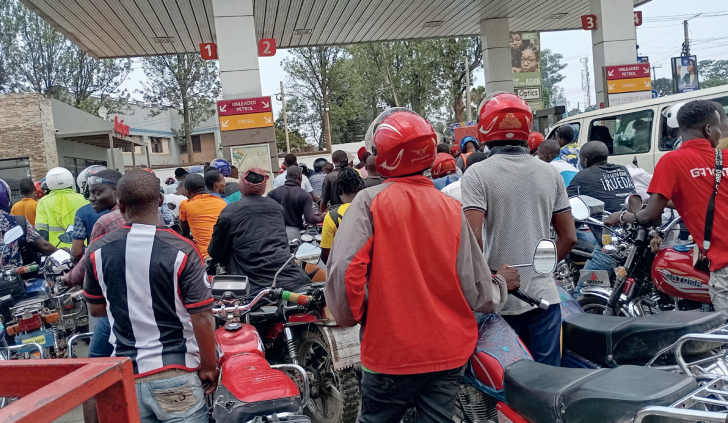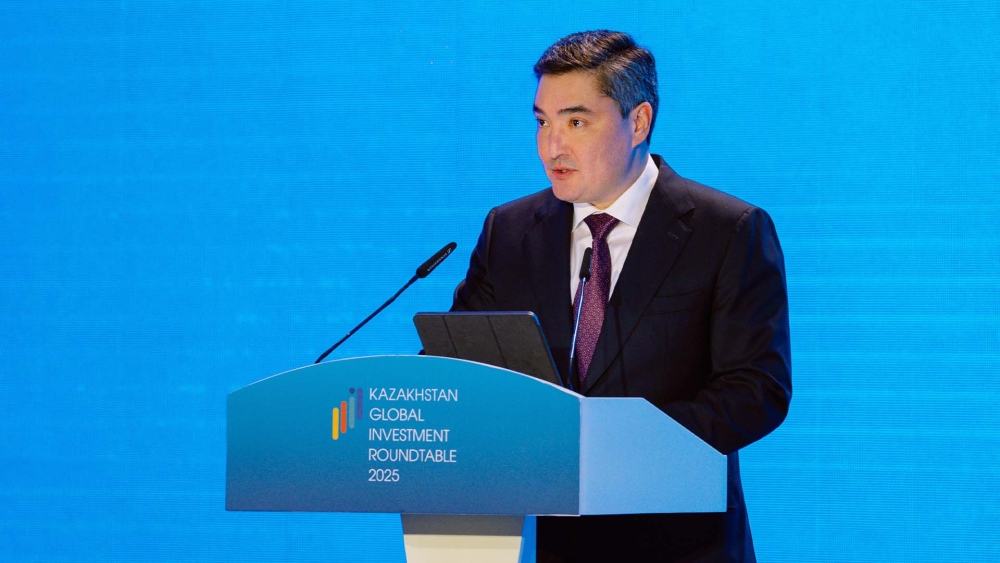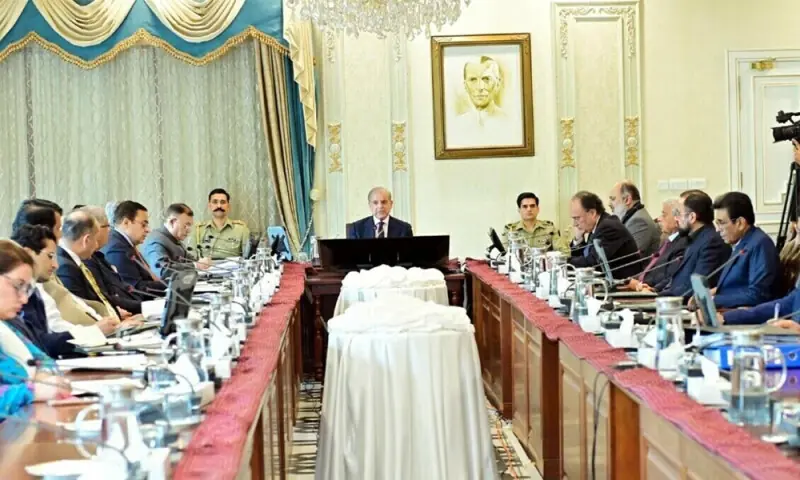Copyright mwnation

It has been 40 days or one month and nine days since Peter Mutharika was sworn-in as the country’s seventh State President. And Malawians stubbornly remain in the throes of the fuel scarcity, one of the reasons Mutharika’s p r e d e c e s s o r L a z a r u s Chakwera was kicked out of government on September 16 through the ballot. So far, the chorus from Mutharika’s sympathisers is that the new government needs more time to sort out the fuel shortage problem. Some say three or four months. I agree it might be too early to criticise this regime for the many other ills afflicting this country which are carry-overs from the previous administration. But not the fuel crisis. The fuel crisis has been allowed to persist because it has not been treated as a crisis requiring urgent attention. Here I argue that fuel is a strategic commodity that has, sadly, been treated with a laissez faire attitude. For quite some time we have been talking about the ‘four Fs’ in Malawi’s economy, namely: food, forex, fuel and fertiliser. These four critical areas represent fundament a l challenges and priorities for the Malawi government and economy as shortages in these categories directly impact daily life, market p r i ces , and economic stability. Fuel scarcity has been charac ter i sed by long queues at filling stations wi t h p eopl e s p endi ng many hours to refill their vehicles. Some motorists sleeping at filling stations. Unfortunately, Mutharika has not treated fuel crisis as a problem requiring his urgent attention. Five days af ter being s wo r n – i n P r e s i d e n t Mu t h a r i k a appoi n ted a p a r t i a l C a b i n e t , which included Joseph Mwanamvekha as Finance Minister, George Chaponda as Foreign Affairs Minister and Al f red Gangata as Minister of State. He also appointed Enoch Chihana as Second Vice-President. The President also made other key appointments such as Chief Secretary, Deputy Chief Secretary, Chief of Malawi Defense Force and Head of Malawi Police Service. He either forgot or did not think that he also needed to appoint a Minister of Energy to deal with the critical commodity that is fuel. The country needed a Minister of Energy more urgently than the Minister of State to start looking into issues of fuel. This was a big omission. Before appointing his full Cabinet, Mutharika named two more ministers. These were George Patridge for Industrialisation, Business, Trade and Tourism and Roza Fatch Mbi l izi for Agriculture, Irrigation and Water Development. Still no Minister of Energy. The President only appointed the Minister of Energy on October 30, after he had been in office for one full month completely oblivious that he had a fuel crisis on his hands. There are precedents. Former president Joyce Banda (2012—2014) was sworn-in on April 7 2012, as President of Malawi at the height of one of the worst chronic fuel crises the country has ever had. But within three weeks of being sworn-in, fuel queues va n i s h ed f rom f i l l i ng stations. She implemented several s h o r t – te rm economic measures which included devaluation of the currency, adoption of a f loat ing exchange rate, the automatic fuel pricing mechanism, liberalization of foreign exchange transactions as well as restoration of donor confidence. Although these measures led to short-term economic hardships and inflation, they successfully restored the consistent availability of fuel within three weeks of being implemented and resolved the persistent long queues at petrol stations. JB is there and government can seek her counsel which it badly needs. The argument that this government found empty coffers and huge debts hol ds no water. Government was not rolling in dough when JB took over the reins of power in 2012. The 2012 fuel crisis was because government owed fuel suppliers huge amounts of money just as is the case now. We haven’t moved an inch from the situation that bedeviled us in the 2012 fuel crisis. So blaming the current fuel cr i sis on the post-e l e c to r a l v i o l en ce i n Tanzania i s not being honest. The current fuel crisis started long before the protests. If anything, the demonstrations have only worsened an already volatile situation. snhlane@mwnation.com; Cell: 0888833906



